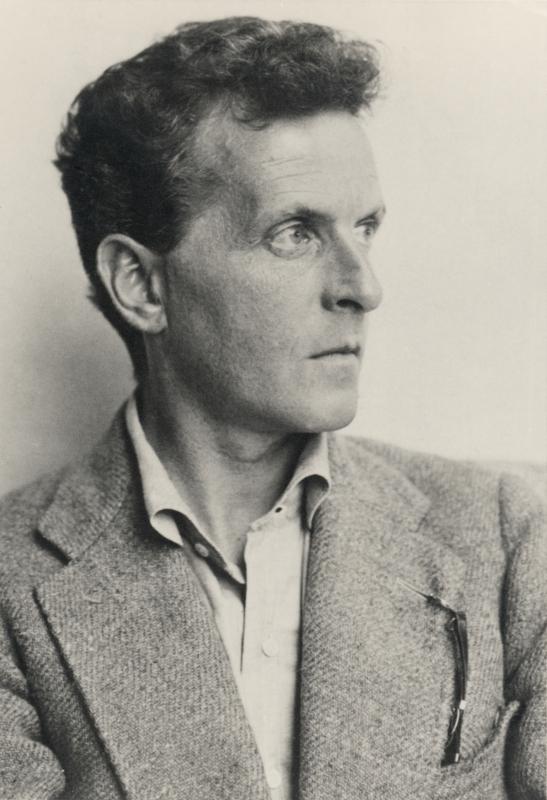
Combining philosophy and counselling, talking about how we feel, putting words to our experiences, and expanding our capacity to use language to describe our best hopes will push out the limits of our world, enable us to make changes towards a future where these hopes are realised.
“The limits of language are the limits of my world.”
– Ludwig Wittgenstein
What is Philosophy?
The nature of philosophy is itself something that philosophers disagree about, so answering this question is not an easy task! One simple attempt to answer this question is that philosophy is thinking about the nature of things and concepts. These concepts and things can be very large, such as the nature of human existence, the universe, how we can define science, theories of ethics, or can be much more personal in scope – what do I believe? What values are important to me, and what does it mean for me to hold these values?
While philosophy can certainly be an academical pursuit, it can also be a very practical, day to day exercise. Have you ever read an article or heard someone say something as if it was unquestionably true, and thought “I don’t agree with that”, or “this sounds good on the surface, but I have doubts that it will work”? Perhaps you then spent some time thinking about these doubts. Maybe even imagining a scenario which shows the article or statement isn’t true? Maybe you then thought about your own belief, and your reasons for holding those beliefs? These are some of the building blocks of philosophy.
“Philosophy is not a theory but an activity”
Ludwig Wittgenstein, Tractatus Logico-Philosophus
Philosophy as Therapy
Utilising philosophy as a means of therapy is a concept that has been around for a very long time. In Ancient Greece, Socrates participated in conversations with his fellow Athenians so that he might better understand concepts such as the nature of virtue and ethics. He knew that he himself did not truly understand such concepts. Often these conversations lead to more uncertainty regarding the nature of such concepts! By examining their understanding of the world, Socrates sought to help people to uncover their ignorance. He believed that once we understand that we don’t fully understand, we can begin to change our perception of reality, increase our ability to live a moral life, and live happier as a result.
Wittgenstein outlined a therapeutic method of philosophy that it seeks to unknot problems and confusion about our concepts of our reality in a way that brings us relief.
Around 1980, philosophical counselling emerged as a profession, pioneered by philosophers including Gerd Achenbach. Like any other element of philosophy, Philosophical Counselling has been defined in different ways by its practitioners, and these definitions are often contradictory.
Ran Lahav and Maria Tillmans describe in their 1995 essays on philosophical counselling a process for learning about a person’s way of being and their “lived philosophical understanding”. They seek to help clients understand and interpret their own worldview. Their method explores the implications of how this worldview impacts the client’s actions, behaviours, emotions, and attitudes day to day.
Achenbach argues that there is no method however. He described philosophical counselling as a simply a conversation where a philosopher accompanies their client through their own thinking. The philosopher offers different perspectives to whichever questions or issues the client wishes to discuss.
Optimal Philosophy Counselling
Rather than differentiating between therapeutic and philosophical counselling, I integrate elements of philosophy into my approach to therapeutic counselling. I invite you to engage in philosophical thought and discussion in relation to whatever you bring to the session. If we both agree this will be useful we will ask questions together to seek a better understanding. Such opportunities might include discussion and exploration of your worldview, values, ethics, beliefs, existential understanding, and more.
For example, we might start off discussing what your best hopes are from our time together, and what outcomes you hope to realise. Then we might explore your core values. This could involve questioning what are values? What differentiates a core value from other values? What is behind the importance of these values to you? And what does it mean for you to be living in a way that is consistent with your core values? Then we might examine your desired outcomes and your values together, and look at how these interact with each other. Or we might explore small, practical changes in line with your values to bring about the outcomes you desire.
There are infinite paths that our conversation might take. What matters most is that what we talk about is important and useful to you. Our conversations are determined by what you want to talk about, and we can always set aside a conversation if another more helpful topic or direction is presented. After all, you will have a much better idea than I do about what you find most helpful!

